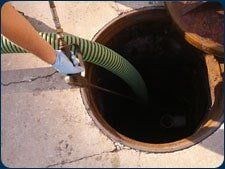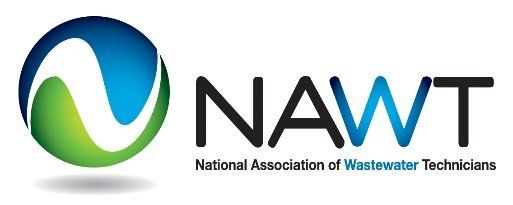
Keep your restaurant grease trap in working order-call today!
303-772-4019
RELIABLE GREASE TRAP CLEANING, PUMPING NEAR BOULDER, CO & LONGMONT, CO
We keep your business free-flowing and in compliance!
Most municipality regulations require you to have your grease trap or grease interceptor pumped at least every 90 days. Let Sullivan Septic & Excavating
keep your restaurant in compliance with these regulations so you can concentrate on running your business.
The purpose and use of a grease trap (or grease interceptor) is to stop grease and food waste from entering the sewer system, which can cause clogs. This is done by capturing the waste deposited into the drain, the liquid effluent, in the separation basin. The effluent in the trap (from the drains) cools the grease to room temperature, solidifying it. Grease is lighter than water, so it floats to the top and is trapped. Foods and solids, which are heavier than water, settle at the bottom.
COMPLETE GREASE TRAP, SERVICE & REPAIR

GREASE TRAP FAQs
What is a grease trap and how does it work?
A grease trap is a device for the grease/oils/fats that go down the drain; it is required in restaurants and other places where grease is used daily. Grease traps work by catching the grease and trapping it in the tank so it doesn't flow into the main waste water system.
When should I pump out my grease trap and how often?
It depends on the amount of grease that is used per day and the volume of water used. Check your local municipality for specific details. If there is no municipal grease program, we recommend pumping it every three months.
Why do I need to pump out my grease trap?
You need to pump out your grease trap because grease will solidify and can stop your business from having flowing water, stopping the flow of your system. Depending on the violation, you can also be cited by your municipality.
What happens if I don't pump out my grease trap?
If you don't pump the grease out of your grease trap, it can solidify and become unable to pump, stopping up the business or residence. Breaking down the solids is more costly than a regular, scheduled pump out. This is also a wastewater division code violation, depending on your municipality.




